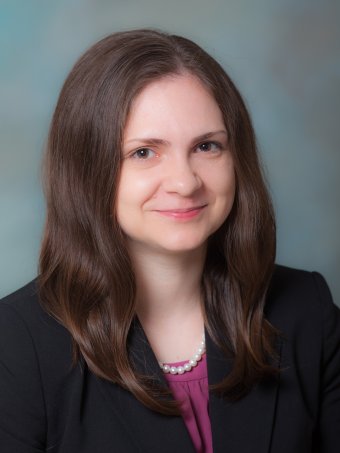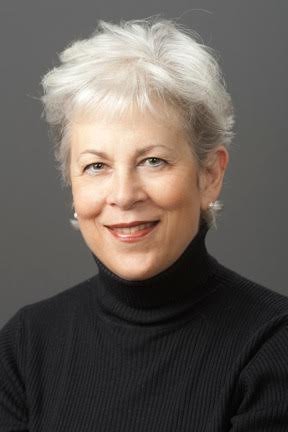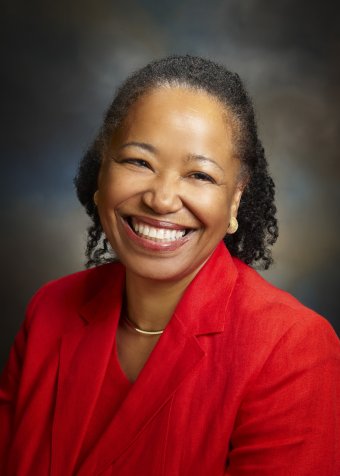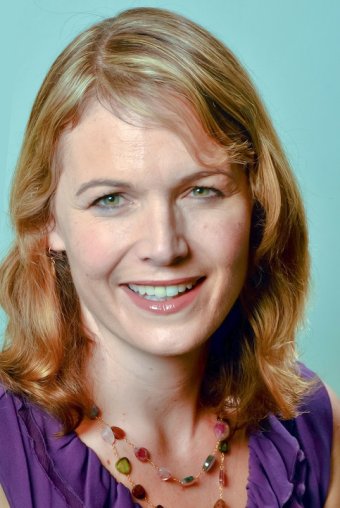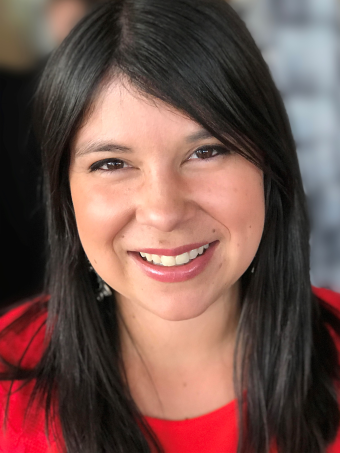
2017 Children’s Environmental Health Symposium Presentations
The annual Children's Environmental Health Symposium took place on April 26, 2017 at the CalEPA Headquarters Building in Sacramento. The symposium was co-hosted by the Office of Environmental Health Hazard Assessment, the Western States Pediatric Environmental Health Specialty Units at University of California San Francisco, and the University of California Berkeley Center for Integrative Research on Childhood Leukemia and the Environment. Videos from the symposium are available, linked below.
The Haves, The Have-nots, and the Health of Everyone: Connections Between Equity and Sustainability (Presentation Video)
Presenter: Rachel Morello-Frosch, PhD, MPH, Professor, UC Berkeley
Dr. Morello-Frosch is Professor in the Department of Environmental Science, Policy and Management and the School of Public Health at UC Berkeley. Her research examines race and class determinants of health among diverse communities in the US with a focus on social inequality, psychosocial stress and how these factors interact with environmental chemical exposures to produce health inequalities.
Dr. Morello-Frosch examines social and environmental factors that drive health disparities and are environmental justice concerns in California and throughout the country.
Neuroendocrine Basis of Stress (Presentation Video)
Presenter: Brian Trainor, PhD, Professor, UC Davis
Dr. Trainor is director of the Behavioral Neuroendocrinology Lab at UC Davis where he studies the effects of stress on the brain and behavior using a rodent model that allows his team to examine both males and females.
Dr. Trainor provides an overview of the neurologic and hormonal mechanisms by which stress may impact health.
Allostatic Load, Early Development and Lifelong Impacts (Presentation Video)
Presenter: Camelia Hostinar, PhD, Assistant Professor, UC Davis
Dr. Hostinar is a developmental psychologist who studies how the social environment shapes health, with a focus on the activity of the stress-response and immune systems. She investigates the ways in which childhood poverty and other forms of early-life adversity influence later mental and physical health.
Dr. Hostinar discusses the lifelong consequences of experiencing psychosocial adversity in childhood and presents ideas for interventions that may mitigate these impacts.
Income and Social Stressors Modify Impacts of Pesticides in Children
Presenter: Brenda Eskenazi, PhD, Jennifer and Brian Maxwell Professor of Maternal and Child Health and Epidemiology, UC Berkeley
Dr. Eskenazi directs the Center for Environmental Research and Children’s Health (CERCH, cerch.org) at the University of California at Berkeley. She is a neuropsychologist and epidemiologist whose long-standing research interest has been the effects of toxicants on human reproduction (both male and female) and child development.
Dr. Eskenazi examines multifactorial determinants of neurobehavioral development. Children in her study in Salinas (CHAMACOS) face many neurotoxic exposures and social adversity and these are currently exacerbated by stress related to immigration policy.
Moderator: Mark Miller, MD, MPH, Director, Children’s Environmental Health Program, OEHHA
Keynote: Environmental Justice: Truth, Racial Healing and Transformation (Presentation Video)
Presenter: Dr. Gail Christopher, DN, W. K. Kellogg Foundation
Dr. Christopher is senior advisor and vice president at the W.K. Kellogg Foundation. In this role, she leads the foundation’s Truth, Racial Healing and Transformation (TRHT) enterprise. She is a nationally recognized leader in health policy, social determinants of health, health inequities and public policy issues of concern to our nation’s future.
Dr. Christopher provides her illuminating perspective on addressing and mitigating the effects of social dislocation and inequities. She advocates for the need of an explicit inclusion of racism as a social determinant of health.
SES, Family Processes and Child Development: Intervention Effects (Presentation Video)
Presenter: Lia Fernald, PhD, Professor, School of Public Health, UC Berkeley
Dr. Fernald is a Professor in Community Health Sciences at the School of Public Health at the University of California, Berkeley. Dr. Fernald’s work focuses primarily on how inequalities in socio-economic position contribute to health, growth, and developmental outcomes in mothers, infants and children, and on how interventions can address socio-economic and health disparities.
Dr. Fernald shares lessons learned from working in low and middle income countries. Poverty has a potent impact, particularly on language and executive function development, around the world and in California. Worldwide, over 250 million children live in poverty keeping them from attaining their full developmental potential.
Early Life Social and Environmental Influences of Lifelong Health: Risk and resilience (Presentation Video)
Presenter: Rosalind Wright, MD, MPH, Dean for Translational Biomedical Sciences, Icahn School of Medicine at Mount Sinai, NYC
Dr. Wright is a transdisciplinary lifecourse epidemiologist with a primary interest in prenatal and early childhood predictors of chronic disorders including asthma, obesity, neurobehavioral outcomes, and antecedents of chronic cardiometabolic disorders.
Social stressors, are as detrimental, if not more so, than chemical and physical exposures. What’s more, they begin to impact development prenatally and can be transmitted trans-generationally. Chemical and non-chemical social stressors can have synergistic effects. Dr. Wright explores how this perspective can guide us to more effective interventions.
CalEnviroScreen: Mining for Data on Children, Poverty, and Other Social and Environmental Factors (Presentation Video)
Presenter: Laura August, MPH, Research Scientist, OEHHA
Ms. August is a lead on the development of CalEnviroScreen, an environmental justice screening tool, at OEHHA. CalEnviroScreen identifies communities that are disproportionately burdened by multiple sources of pollution and are most vulnerable to the effects of pollution. Ms. August has also published scientific research, conducted trainings and presented to a wide variety of audiences on CalEnviroScreen and cumulative impacts.
Ms. August’s presentation examines what we can learn from the CalEnviroScreen data about children’s health in California. A case example of pesticide exposure among children is utilized.


